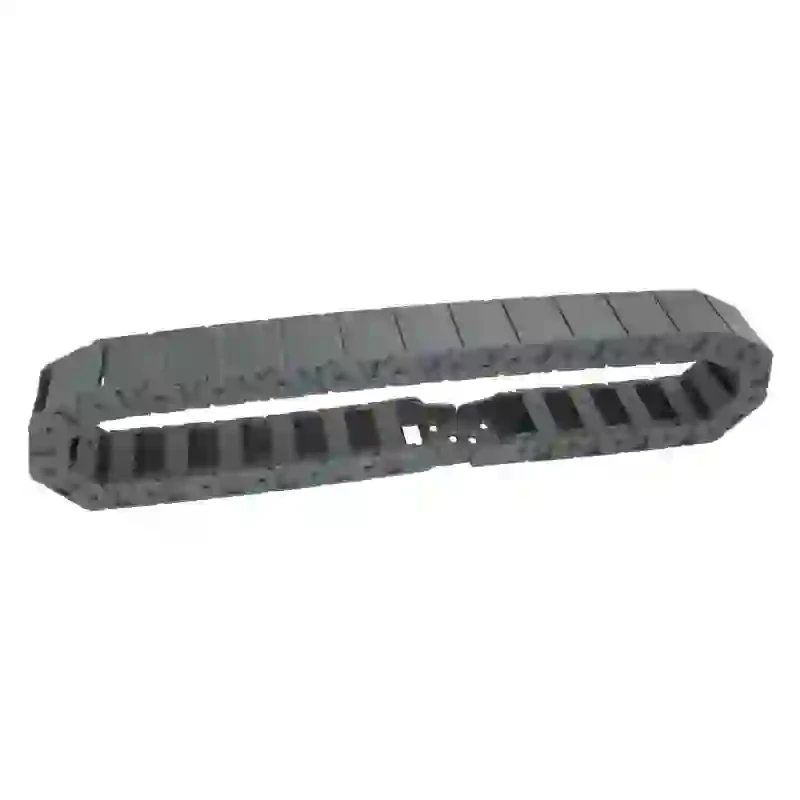Flexible Wire Conduit for Efficient Cable Management and Protection Solutions
Understanding Corrugated Wire Conduit An Essential Component for Electrical Wiring
In the realm of electrical installations, safety, durability, and flexibility are key factors that engineers and electricians must consider. One material that has gained significant attention in this context is the corrugated wire conduit. This versatile product is designed to protect electrical wires and cables while ensuring efficient routing of electrical installations.
What is Corrugated Wire Conduit?
Corrugated wire conduit is a type of non-metallic electrical conduit that features a series of ridges or grooves. This corrugated design allows the conduit to be flexible, making it easier to install in tight or awkward spaces. Typically made from high-density polyethylene (HDPE) or polyvinyl chloride (PVC), corrugated conduits are lightweight and resistant to many environmental factors, such as moisture, chemicals, and UV radiation.
Key Advantages of Corrugated Wire Conduit
1. Flexibility One of the standout features of corrugated wire conduit is its flexibility. Unlike rigid conduits, which can be cumbersome and challenging to install, the corrugated variety can easily bend around corners and navigate through complex pathways. This flexibility significantly reduces installation time and labor costs.
2. Protection Corrugated wire conduit shields delicate wiring from physical damage. Whether it’s rodents, impacts, or environmental factors, the conduit acts as a barrier that can prolong the lifespan of electrical cables. This added layer of protection is essential for ensuring the safety and reliability of electrical systems.
3. Water Resistance Many corrugated conduits provide an excellent level of resistance to water ingress. This characteristic makes them suitable for outdoor applications or areas prone to moisture. Electricians often choose these conduits for installations in basements, underground wiring, or outdoor lighting solutions.
corrugated wire conduit

4. Easy Installation The lightweight nature of corrugated wire conduit enables easy handling and installation. It can be cut to required lengths without special tools, and the ease of bending further simplifies on-site adjustments. This feature is particularly beneficial in complex installation scenarios or retrofitting existing electrical systems.
5. Cost-Effective When compared to more traditional rigid conduits, corrugated wire conduit often proves to be more cost-effective. Its lightweight composition reduces shipping costs, while the ease of installation can lead to lower labor costs. Overall, this conduit offers significant value for both residential and commercial electrical projects.
Applications of Corrugated Wire Conduit
The versatility of corrugated wire conduit makes it suitable for a wide range of applications. It is commonly used in residential wiring, industrial plants, telecommunications, and even in automotive applications. From protecting power cables in homes to managing complex wiring systems in factories, the application possibilities are extensive.
Conclusion
Corrugated wire conduit stands out as an essential component in modern electrical installations. With advantages such as flexibility, protection, water resistance, easy installation, and cost-effectiveness, it is a smart choice for both electricians and engineers. As the demand for efficient and safe electrical solutions continues to grow, the role of corrugated wire conduit will undoubtedly expand, contributing to safer and more reliable electrical systems in various environments.
In summary, understanding the benefits and applications of corrugated wire conduit equips professionals in the electrical industry with valuable insights, ensuring they make informed decisions that enhance the safety and efficiency of their projects. Whether you are embarking on a new installation or upgrading existing electrical work, corrugated wire conduit deserves serious consideration as a reliable solution.








